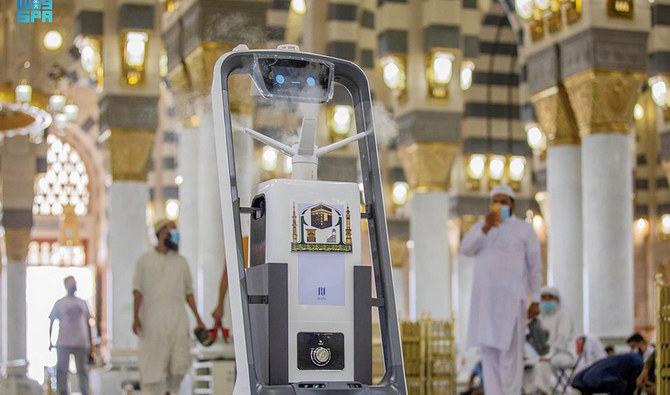Saudi Arabia
In response to the tragic loss of over 1,300 unregistered pilgrims during the recent Hajj season, Saudi Arabia is taking significant steps to enhance its monitoring and management of the pilgrimage by implementing advanced technology.
The Ministry of Hajj has commissioned an IT company to develop an advanced system designed to better track and manage the influx of pilgrims.
This sophisticated system will incorporate smart cameras and various technological solutions to ensure comprehensive monitoring of pilgrims throughout their journey.
The technology will identify pilgrims upon their arrival in Saudi Arabia, keep track of their movements on buses, and monitor their entry and exit from residences and holy sites. It will also compile detailed electronic records of boarding and housing information.
A key feature of the new system is its ability to facilitate communication with pilgrims and provide authorities with streamlined access to their data.
The Ministry of Hajj emphasizes that the system will be user-friendly and easy to operate, ensuring a smooth integration with existing systems.
It is designed to be reliable and trustworthy, reflecting the government’s commitment to improving the safety and organization of the Hajj.
The technology network will cover several critical locations, including the entrances and exits of Mecca, other holy sites, checkpoints, access points to the two holy mosques, bus parking areas, and the main airports in Jeddah and Medina.
By monitoring these key areas, the system aims to prevent unauthorized access and ensure that all pilgrims are properly registered and accounted for.
The recent Hajj, which occurred in June, was marked by extreme heat conditions. Saudi authorities have linked many of the fatalities to undocumented pilgrims who were not registered and thus lacked access to necessary support services.
The government has consistently highlighted the importance of obtaining a valid Hajj visa and has reiterated that a visit visa does not grant permission to perform the pilgrimage.
The crackdown on unauthorized tours and unregistered pilgrims underscores the government’s commitment to ensuring the safety and well-being of all participants in this essential Islamic ritual.
The Hajj, one of the five pillars of Islam, requires all Muslims who are physically and financially capable to undertake the pilgrimage at least once in their lifetime.
The new technological measures aim to uphold the sanctity and safety of this significant religious event.










